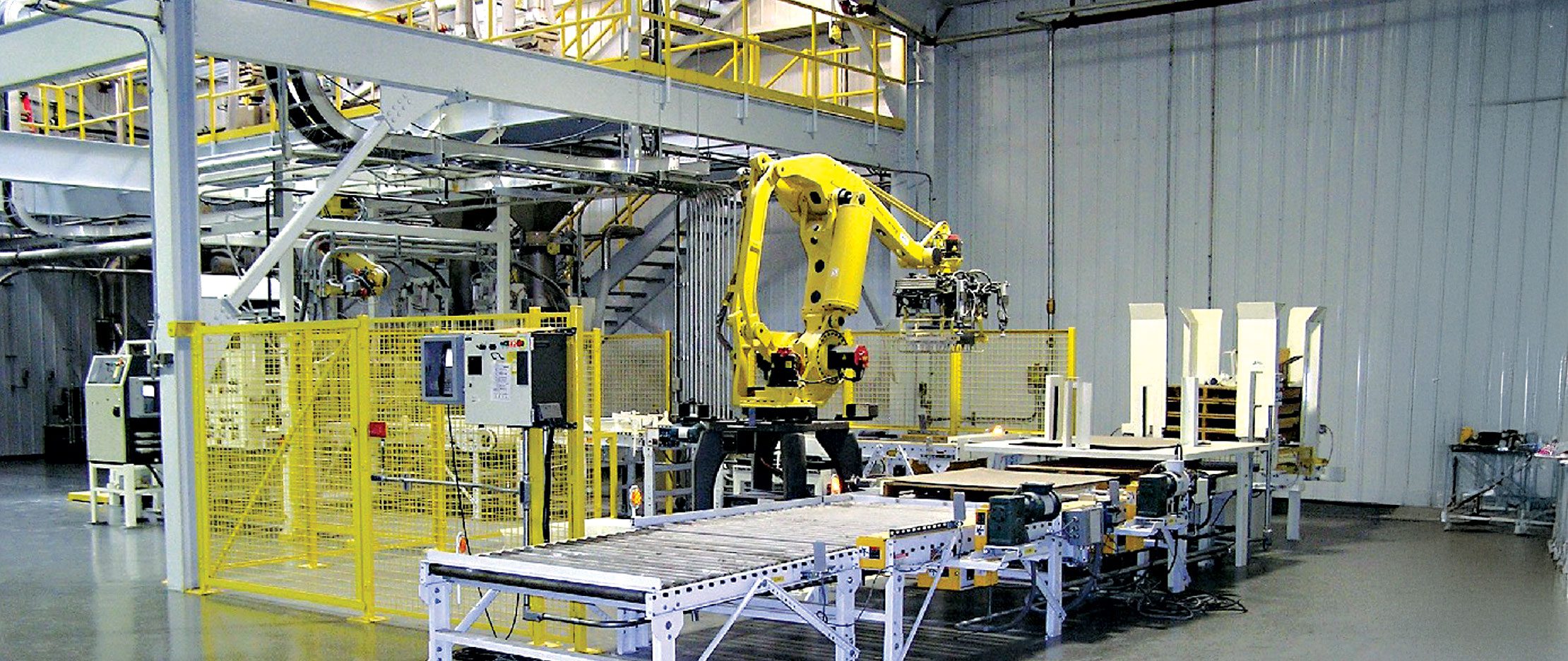
Staying ahead in the competitive manufacturing landscape requires efficient processes, streamlined operations, and seamless communication. A tailored, comprehensive solution can transform your business operations and drive unprecedented growth. A customized integrated system unifies all aspects of your manufacturing operations into a cohesive system tailored to your unique needs. It also unlocks several benefits that will drive efficiency and productivity, optimize resource allocation, and enhance overall performance. Let’s take a deeper look at why investing in a customized integrated system is a game-changer for your manufacturing business.
1. Tailored Solutions for Unique Challenges
Every manufacturing business faces unique challenges. Off-the-shelf solutions commonly fail to address these specific issues. A customized integrated system, however, is designed to tackle your pain points head-on. A tailored system ensures that every aspect of your operation is fine-tuned for maximum efficiency, whether optimizing production flow, managing complex inventory, or streamlining quality control processes.
2. Scalability and Adaptability
As your business grows and evolves, so do your needs and challenges. The ability to innovate and adapt quickly is crucial in today's rapidly changing market. A customized integrated system is designed to be scalable and adaptable, allowing you to swiftly respond to market changes, customer demands, and new opportunities.
Whether you expand into new markets, introduce new product lines, or face regulatory changes, your tailored integrated system can be customized and enhanced at any time to meet your evolving requirements. This flexibility ensures your business remains agile and responsive, positioning you for long-term success.
3. Streamlined Communication and Collaboration
Communication is the backbone of any successful manufacturing business. A customized integrated system connects departments, teams, and stakeholders seamlessly, enabling smooth information flow and fostering collaboration. From sales and production to supply chain and customer service, everyone can easily and quickly access real-time data to share critical information.
This accurate and transparent communication eliminates misunderstandings, reduces delays, and enhances coordination, ultimately improving customer satisfaction and increased profitability. Again, automating workflows and integrating various functions like inventory management, production scheduling, and order processing can eliminate bottlenecks, reduce errors, and maximize productivity.
4. Data-Driven Decision Making
A customized integrated system eliminates the need for manual data entry, repetitive tasks, and disjointed processes. It's a data-driven world; making informed decisions based on accurate and timely information is crucial to industry leaders. A customized integrated system empowers your business with comprehensive data analytics and reporting capabilities.
With real-time data access and automated reporting, you can make data-driven decisions on the fly, which can substantially help your team make informed decisions faster, optimize resource allocation, and improve overall operational efficiency.
5. Reduced Operational Costs
While the initial investment in a customized integrated system may seem significant, it often leads to substantial cost savings over time and often over a short amount of time. Automating routine tasks, optimizing resource utilization, and minimizing errors can significantly reduce operational costs. The system's ability to prevent overproduction and manage inventory more effectively contributes to long-term savings.
6. Improved Quality Control
Consistency and quality are paramount in manufacturing. A customized integrated system enables tighter control over production processes, resulting in elevated product quality and fewer defects. This reduces waste and rework costs while enhancing customer satisfaction and brand reputation.
7. Innovation and Agility
The ability to innovate and adapt quickly is crucial in today's rapidly evolving market. A customized integrated system provides the agility to respond swiftly to market changes, customer demands, and new opportunities. This flexibility can give you a significant edge over competitors constrained by rigid, off-the-shelf solutions.
8. Increased Customer Satisfaction
Delivering exceptional products and services is paramount in the age of high customer expectations. A customized integrated system enables you to meet and exceed customer demands by optimizing manufacturing processes and ensuring on-time delivery. Accurate inventory management, efficient order processing, and streamlined production can help you make a happier customer by fulfilling their orders promptly and accurately. These improvements directly translate into a better customer experience, stronger customer relationships, and more repeat business. A happier customer leads to a more loyal customer, opening doors to referrals and new opportunities.
Partnering with a talented systems integrator to develop a customized integrated system for your manufacturing organization is more than just an upgrade—it's a strategic decision that can reshape your entire operation. As the manufacturing landscape evolves, tailored, integrated solutions will position you to thrive in an increasingly competitive market.
By taking the leap and investing in a system built around your distinct needs and goals, you're not just optimizing your current operations—you're future-proofing your business for subsequent challenges and opportunities. In manufacturing, customization and integration are no longer luxuries—they're necessities for sustained success. Please contact us today to learn how we can help take your bottom line from good to great.
Magnum Systems podcast series, AIM!
RELATED POSTS
Six Ways to Build an Efficient and Productive Integrated Material Handling System
Five Common Challenges and Solutions for Implementing an Integrated System
Seven Common Mistakes When Implementing an Integrated System
Improve Safety in Packaging: The Power of Integrated Systems and Automation
Maximizing Manufacturing Efficiency: The Role of Automation in Integrated Systems
Related Post
The Human Element in System Integration: Why Engineers Are More Important Than Ever
How Unified Namespace Solves Manufacturing’s Data Silo Problem
The Rise of Smart Plants: How System Integration Engineers Are Driving Industry 4.0
System Integration in 2026: Navigating New Manufacturing Regulations